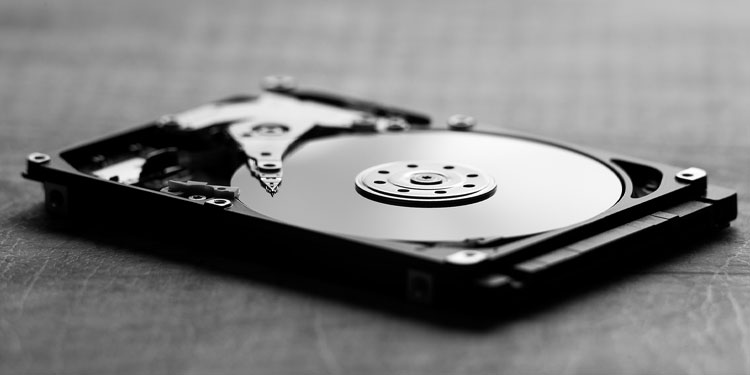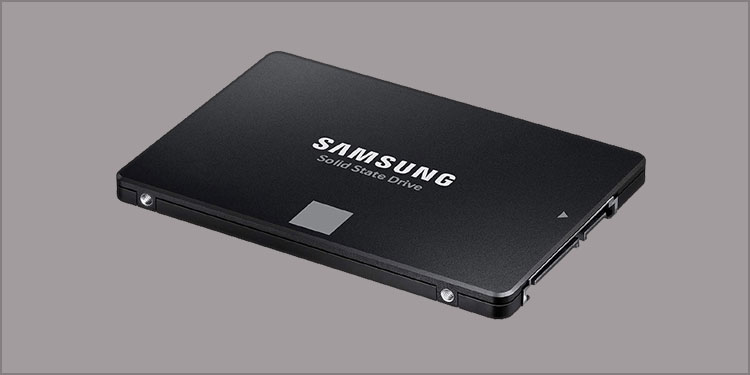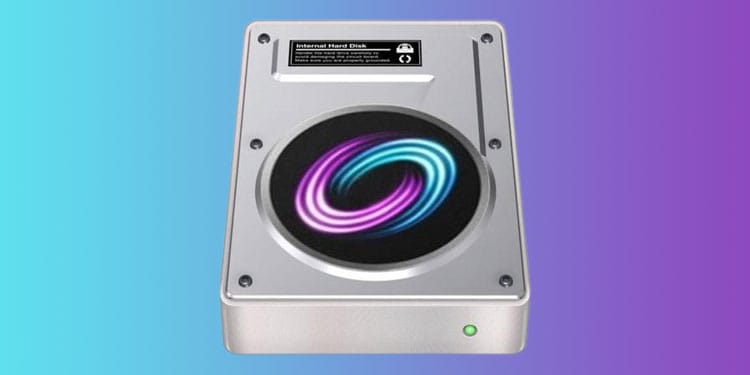While all three types of storage serve the same basic purpose, they have some significant differences that can affect their performance, reliability, and cost. In this article, we will compare Fusion Drives, SSDs, and HDDs to help you make an informed decision about which one is right for you.
Fusion Drive Vs SSD Vs HDD
Before directly jumping into the differences, let us get little details on each drive.
Hard Disk Drive (HDD)
In short, the Hard Disk Drive, or HDD, is one of the earlier electro-mechanical storage devices introduced to the world in 1956 by IBM. The HDD uses mechanical components to read and write data. So, they are slower than a fully electronic storage device. Since HDDs are slower than SSDs, they are relatively cheaper. You can easily get more than a terabyte of storage capacity for a reasonable price. The cost for storage ranges from $0.05 to $0.038 per GB. The HHD’s low cost is exactly why most people still include a Hard Disk Drive on their build.
Why Do I Need an HDD?
The HDD is commonly used to store permanent files and folders. As they are cheaper than SSD, you can easily add more storage without putting a dent in your budget. However, if you want higher read and write speed, the SSD will be an ideal choice.
Solid State Drive
A Solid State Drive or an SSD is a fully electronic storage device that uses IC (Integrated Circuit) chips to store data. SanDisk first introduced the SSD in 1991 with a storage size of 20MB. Since the SSD did not have any moving components, it easily overcame most disadvantages with the HDD. The SSD did not make any noise and was less prone to internal damage. The SSD also offered increased read and write speeds that the HDDs just could not match. However, one small disadvantage to using a Solid State Drive is that it is pretty expensive. Its prices range from $0.14 to $0.3 per GB. The price may not seem much compared to HDD, but it adds up as the storage increases. For example, a 1TB SSD might cost from $80 to $120, depending on the type of SSD, whereas a 1TB HDD can cost from $30 to $50.
Why Do I Need an SSD?
Due to SSD’s lack of moving components, they can access and write data extremely fast compared to the HDD. Therefore, by installing OS in your SSD, the Operating System’s boot time decreases. This is why most users get an SSD to store the OS and a separate HDD to store their files and folders. These advantages made the SSD much more popular. Therefore, most users always include an SSD in their build.
Fusion Drive
The Fusion drive takes components from the HDD and the SSD and combines them to form a new type of storage device. Fusion drives are only specific to Apple products, such as the Mac mini and iMac series. Apple has designed the fusion drive to store the OS and applications that are accessed frequently on the flash storage (SSD component). However, it stores data used less frequently on the hard drive. One major advantage to using a fusion drive is that compared to the expensive SSDs, a fusion drive also offers similar speeds at lower prices. Therefore, if you find the HDD is too slow and do not have a budget to get an SSD on an iMac, the fusion drive is the way.
How Does a Fusion Drive Work?
The Fusion Drive uses the NAND chip used in SSDs with an HDD with higher storage. The drive uses the best feature of both the SSD and HDD for faster and larger storage.
Which is Better: HDD, SSD or Fusion Drive?
If you are building a computer, we always recommend that you use an SSD to store the OS or frequently used applications. Since loading time on HDDs is really bad, HDDs are mostly used to store personal files and folders. However, if you have the budget, you can install an SSD with a higher storage capacity. You can also run a fully HDD setup and upgrade to an SSD later if you are short on budget. However, by doing this, your system can run slow and the PC will also have a longer boot time. As for fusion drives, since they are only available for Mac Mini or iMacs, it is best that you use an SSD with 128GB and an HDD with 1TB or more capacity. If you want to use a fusion drive for your Macbook, you can also make your own fusion drive using an SSD and an HDD. Below, we have a detailed table on the differences between HDD, SSD, and the Fusion Drive.


